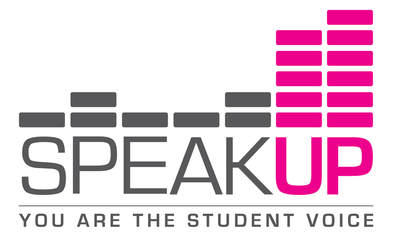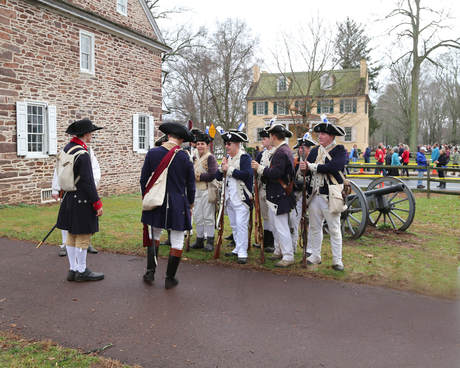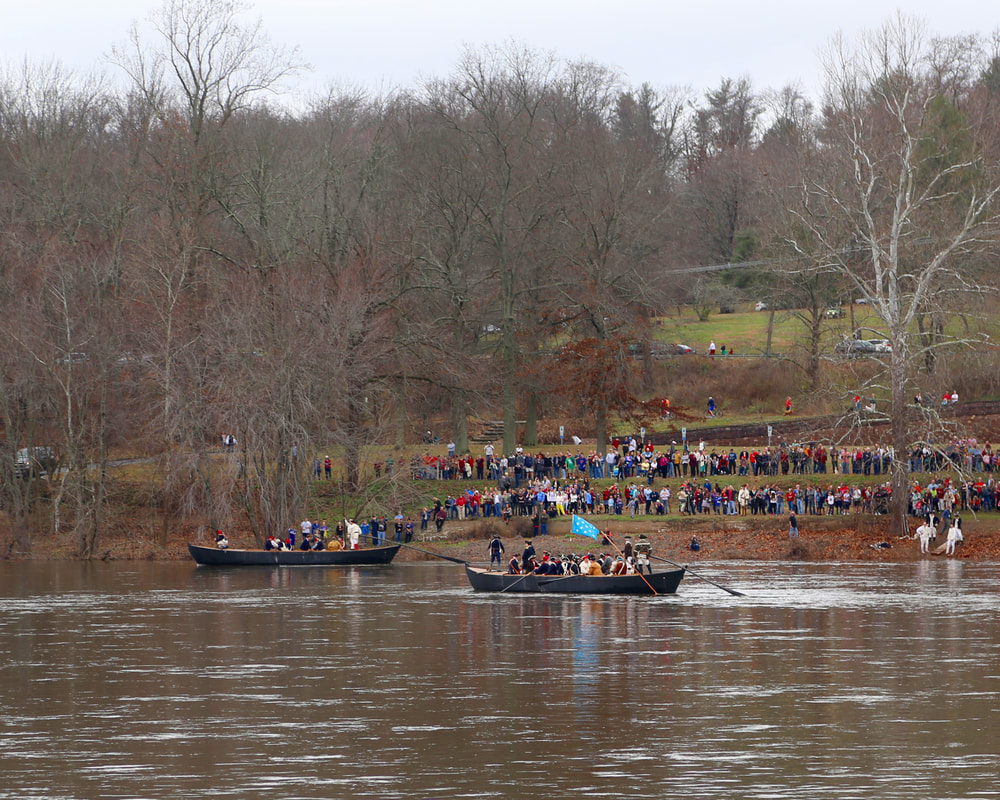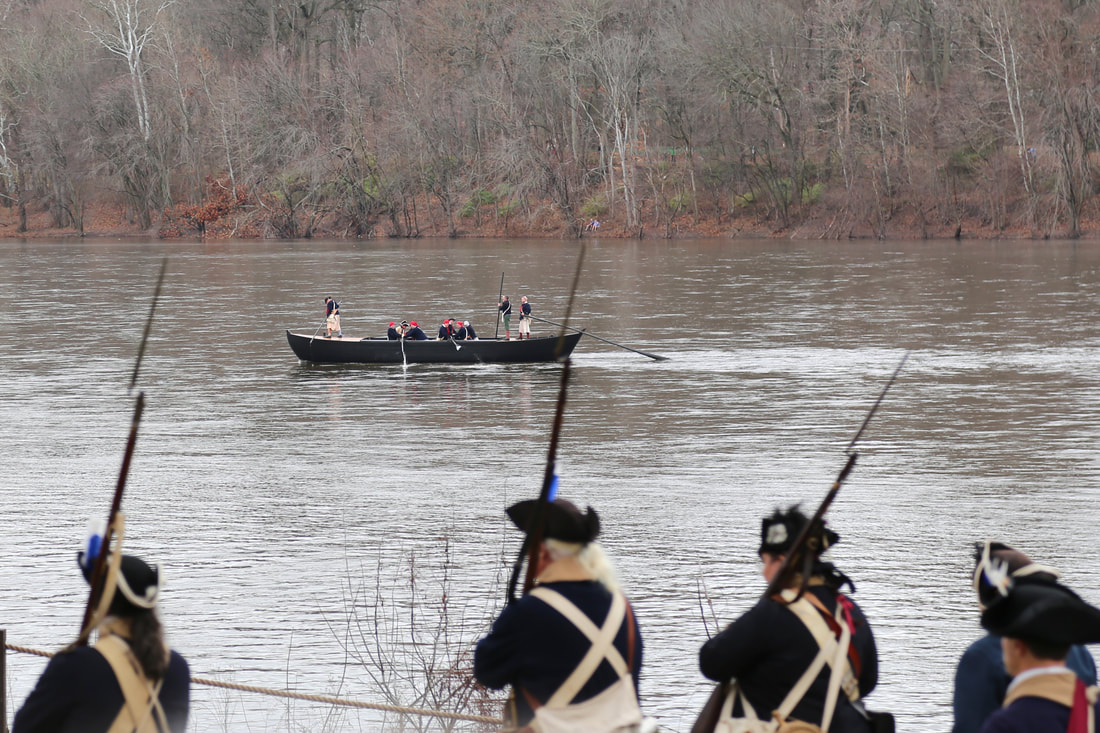 By Margaret Zheng As students, we are powerful. Don’t believe me? Then behold these active, insistent youth, who worked hard to effect change and, at least to some degree, succeeded: Last school year, student journalists at Pittsburgh High School in Kansas published an article exposing their new principal’s fraudulent resume and utter lack of credentials. A few days later, the principal resigned. In 2015, a coalition of Asian and Pacific Islander students in Portland, Oregon, campaigned to establish ethnic studies classes in their high schools. Praised for their thorough preparation, the students are now working with school district leaders to make curricular reform a reality. Also in 2015, students in Chicago Public Schools began a campaign demanding higher quality and more nutritious cafeteria food, leading both school- and city-wide boycotts of lunch. The pressure from the students and media caused the school and lunch provider to start offering lunch alternatives, albeit only mild improvements, just two months later. You might claim that our affluent suburban school does not have such grave problems as contaminated lunches and fraudulent principals, so we shouldn’t bother to carve out time from our busy college-prep schedules to attempt to improve school. And it is true that suburban concerns are rarely the focus of nationwide discussions of school reform. But that doesn’t mean that concerns don’t exist or don’t matter. Precisely because few adults can prioritize the radical transformation of “good” schools into “great” communities of learning, we students must advocate for ourselves and demand change. If you complain in the hallways or in whispers to your friends, you might as well complain effectually and aloud. Try out some of these ideas:
May I add that school publications such as The Indianite and Rock Reverb are great avenues for student voice? In fact, students in our district are already using their “voice” to instigate change. You likely know already of the student-backed petitions concerning our school mascot. Students are attending and commenting at School Board and Board committee meetings, reminding our educational decision-makers of the people they serve. Last December 1, 32 students throughout Bucks County, including a few from CR, traveled to Capitol Hill to testify on their experiences and observations of prejudice and hate in schools. Student organizations such as VOICE and DAC are also working to improve school according to their vision. And if their vision doesn’t match yours, speak up! We need your kindly dissenting voice. But before you sprint into action, please be reminded, as all we passionate beings must be, to think and to empathize. Your point of view is not the only one, nor the only reasonable one. Thus, as we pursue school reform or any other community change, we must also convene to discuss our problems, our experiences, our hopes, and our possible solutions, engaging not in a debate where there are winners and losers, but in a dialogue in which we seek the truth, together. That is the reason behind the name of a Facebook page I have started, CR Students for Educational Action and Dialogue (CRSEAD). I intended this page to be a forum for students to post their ideas and concerns about school, discuss educational issues, and eventually organize themselves to effect concrete change. Right now the page has only a few posts, most of them my own. If you see as I do the potential in a social media forum, please like the page and post on your experiences and thoughts on school. There are many ways for students to get involved in making school how they want it to be. One of the most powerful is something I have not mastered myself, but it is the key to any cultural change. Model in yourself what you want others to do. Youth and Making Change https://freechild.org/quotes-about-youth-changing-the-world/ How to Be a Student Activist https://www.accreditedschoolsonline.org/resources/student-activism-on-campus/ Student Voice: Join the Movement! https://www.stuvoice.org/ How to Testify to Your School Board https://drive.google.com/file/d/0B68GijdDBXsdVjBhaTlZOV8zblE/view Student Rights in Pennsylvania https://www.aclupa.org/education/studentsrightshandbook/ High School Press Freedom and Censorship http://www.splc.org/page/high-school Youth Organizing for School Reform http://www.whatkidscando.org/resources/spec_youthorganizing.html Students Against Testing http://www.nomoretests.com/ Suburban School Reform http://www.aei.org/publication/the-most-interesting-school-district-in-america-douglas-countys-pursuit-of-suburban-reform/ Successful Student-Led Advocacy https://soundout.org/student-led-advocacy-success-stories/ How to Succeed in Protesting http://time.com/4105460/student-protests-university-missouri-president-tim-wolfe/ How Does Your School Look? Post It! https://www.facebook.com/throughyourlensphotos
0 Comments
 By Will Sohn The winter season is filled with lights, music, food, and many other holiday-themed activities. But nearby, activity of a different sort is underway to reenact a momentous event in American History—the crossing of the Delaware River and the ensuing Battle of Trenton. The Battle of Trenton is commemorated on Christmas Day at Washington Crossing Historic Park, which is a 10-minute drive from Newtown. The park has reserved multiple historic buildings and Durham boats used for the crossing. The park also holds special colonial-era activities and demonstrations throughout the historic village, which many people visit. As students, we appreciate learning about Colonial American History even more because of how close we are to this piece of the American Revolution. In addition to touring and preserving the park, the Washington Crossing Historic Park commemorates the crossing through their annual Christmas reenactment. In the winter of 1776, during the American Revolutionary War, General George Washington led the tattered Continental Army to a surprise-attack victory over the Hessian soldiers. At this time, the morale of the American troops was at an all-time low. The soldiers lacked clothing, food, and ammunition, while Washington would have to deal with the soldiers’ expiring enlistments at the end of the year. Thus, General Washington created a bold plan to cross the Delaware River and to strike a Hessian outpost in Trenton. Washington’s plan was expected to take action Christmas evening and attack the German mercenaries at night, while they slept. However, crossing the Delaware River delayed the attack until the morning of the 26th. Washington’s victory sparked new life into the American Revolution—otherwise, the revolution’s aim may have met an early demise. The reenactment is free and takes place on December 25 from 12-3pm; however, the actual crossing begins at 1 pm. The full dress rehearsal takes place 2 or 3 weeks before; admission is charged for the rehearsal, but not for the Christmas Day reenactment. This year’s rehearsal already took place on December 10; however, the boats did not cross at the rehearsal this year due to the low water levels. Kevin Zimmerman, an actor in the crossing, said that he has been involved in this event for two years while working at the park. “I felt the need to express the history and the push to show what it was really like during [the colonial] time,” Zimmerman said when asked why he wanted to join this act. He also said that another cannon group will be added to the reenactment this year. However, the highlight of the event is crossing the Delaware River by several Durham boats, led by a modern-day George Washington. Some years, the crossing does not take place if the weather conditions are inclement or the river becomes icy. In this case, the ceremony continues but excludes the crossing from the performance. The Christmas Day crossing draws thousands of people, near and far, each year. This annual event gives us a greater appreciation for crossing the Delaware River and George Washington’s victory in the Battle of Trenton that helped turn the tide of the Revolutionary War. Visiting the park in past years has been fun and interesting, and I would encourage everyone to watch the reenactment this Christmas.  Courtesy Psychguides Courtesy Psychguides By Esther Kardos If you’ve spent any time on social media in the past month or so, you’ve likely seen that post making fun of the platonic date. “I want to go out with you, but just as friends” is the gist of the platonic date, and it’s easy to scoff at such a concept -- have you ever tried, I don’t know, hanging out with another person? But perhaps the platonic date stems from a deeper need. The way I see it, to say “I want to go on a platonic date with a friend” is just another way to say “I am starving for an actual emotional connection.” Many times, I’ve agreed to hang out with someone and we spend time doing nothing novel, but instead we sit next to each other at home on our phones because we can’t decide what other alternative to invest in. We make comments every few minutes about the things on our screens -- who posted a picture with whom on Instagram, what obnoxious new filter Snapchat came out with, how hilarious this Vine compilation is -- but there’s nothing actually substantive there. Or maybe we even make it out of the house and end up going out for lunch. We sit across from each other and we talk about nothing of any real consequence that we will both forget before dessert, then text other people under (or even sometimes above) the table about how consumed by boredom we are. Now, this article isn’t an attack on the new age of technology. I will be the first person to snap at every baby boomer who dares to tell me about how back in his day they spoke with words instead of texts, or tries to explain to me how phones are rotting our brains. Social media has connected me to friends I met over the summer two years ago, has let me witness my baby cousin’s first steps in Hungary while I sit in America, has connected me to stories of people whom I would have never even known about before. I am thankful for much of what technology has given this generation, but I can’t pretend it hasn’t hurt us just as much. There’s no word you can look up in the dictionary for that feeling of sitting in a room full of people, all silent except for the sounds emanating from their phones. There’s no way to explain the relationship you have with someone when you like and comment on all of her photos so naturally, yet have no idea how to start a conversation face-to-face. The problem is that as we are more connected than ever, we are also more isolated than ever before. It’s having a hundred thousand followers yet still no one to talk to. That unique feeling of internet loneliness is when you can’t understand why you feel so unloved when a hundred people have liked your photo in the last minute. Unauthentic friends are easy to find and hard to let go of, and it’s come to the point that society has declared romantic relationships to be the only space where you’re always going to be fully close with someone. When we date, we choose to engage with our partners and to create a connection that is so hard to come by nowadays. So I say yes, do it. Make a dinner reservation and put on the most absurd outfit you can find. Keep your phone in the car and give me an hour of your time where you’re terrifyingly honest with me. Tell me what you’re most excited for in the future, confide in me the job you would have if money wasn’t an issue, place your heaviest burdens in my hands and let me reciprocate. For once, show me that you’re not just here for the sake of putting something on your Story. Give me a time and a day, and I’d say a platonic date sounds wonderful. |
Archives
February 2022
Categories |


 RSS Feed
RSS Feed
